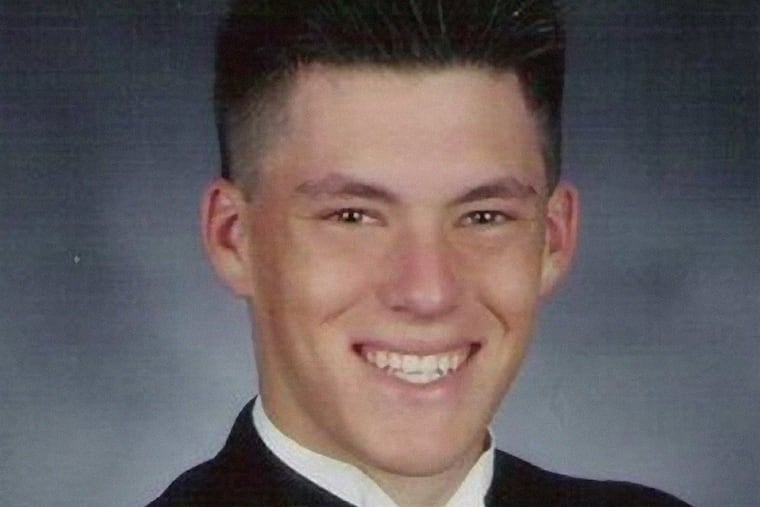Cancer network campaigns to prevent deadly chemotherapy error

Minutes after the chemotherapy drug was injected into Christopher Wibeto's spine, doctors told the 21-year-old lymphoma patient and his parents that there had been a mistake -- but not what it meant.
Wibeto was rushed to Stanford University Medical Center in California, where oncologist Robert W. Carlson explained the catastrophe. The drug that was injected, vincristine, is neurotoxic. It is supposed to be diluted and given into a vein, never injected undiluted into the spinal fluid that flows around the brain.
As a result, Wibeto would develop dementia and paralysis, and die, over the next three to four days.
"I'd never seen it before, but I knew what was likely to transpire," Carlson recalled Thursday. "That night, Christopher looked fine. It was hard to tell them. It was hard for me, too. I have a son not much younger than Christopher."
Carlson, who now heads the National Comprehensive Cancer Network (NCCN), based in Fort Washington, on Thursday launched the newest step in his efforts to prevent the rare but invariably fatal error that killed Wibeto in 2005.
The "Just Bag It" campaign urges health care providers to always administer vincristine using a small intravenous (IV) drip bag, never a syringe. Practically, that means hospitals must change policy to require pharmacists who fill orders for the drug to remove it from the manufacturer's vial, dilute it, and dispense it in a mini drip bag.
"That makes it mechanically impossible to inject it into the spinal fluid," Carlson said.
Wibeto's parents, Robin and Debra, of San Jose, Calif., joined him at the news conference.
"We're simple people and kind of shy," Debra Wibeto said. "I wouldn't know how to go about trying to make a change. We're so happy Dr. Carlson took this on."
Vincristine, widely used to treat leukemia and lymphoma, powerfully blocks the growth of cancer cells. Safeguards exist to make sure it is not injected into the spinal fluid. Among other things, the U.S. Food and Drug Administration requires syringes of vincristine to be sealed with a sticker reading "For intravenous use only — fatal if given by other routes."
Still, the FDA allows vincristine to be dispensed in a syringe because some clinicians prefer giving it by intravenous injection, called "IV push," than by dripping it from an intravenous bag.
The Just Bag It campaign says this preference reflects an idea that has been debunked by studies — that IV push reduces the risk of "extravasation," the harmful leakage of a medication into tissue around an infusion site.
No one knows how many vincristine disasters have occurred. The Institute for Safe Medical Practices in Horsham has documented 125 fatal misadministrations since the 1960s, but experts believe the real number is many times higher.
"It's just such a horrible death. It may be rare, but it's totally preventable," said institute president Michael Cohen, an advocate of mini-bag dispensing. "What does it cost for a bag? Why would you not do it?"
Leading medical groups, including the World Health Organization, recommend the mini-bag policy. It has been adopted by Fox Chase Cancer Center and the 26 other members of the NCCN, a nonprofit alliance that develops cancer treatment guidelines.
But a recent survey by Cohen's institute found only half of cancer treatment facilities are adhering strictly to mini-bag dispensing. The campaign is clearly needed, Carlson said.
For the Wibetos, it brings solace. Their son, who loved playing guitar and impersonating the actor Jim Carrey, had an aggressive non-Hodgkin's lymphoma, but his chemo regimen was working. He faced the shock of his unfathomable end bravely.
"I could see his eyes flash the recognition," his father said. "He swallowed hard and just went on."
The campaign, his mother said, "makes me feel Christopher didn't die in vain."